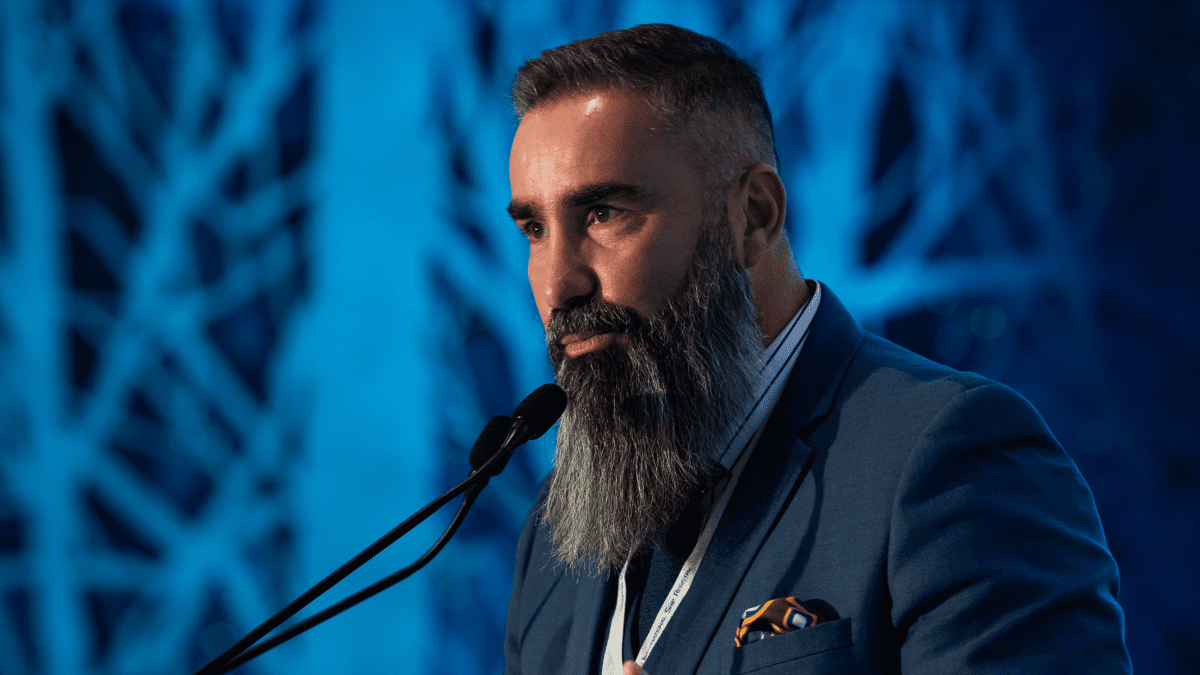A panel of experts considers the strategies required to ensure a tanker will still be attractive to charterers in years to come, and the dangers of doing nothing
During the Tanker Shipping & Trade Conference, held in Greece in November, delegates heard an expert panel explain the different ways industry can tackle the impact of the Carbon Intensity Index (CII) and IMO’s regulations on decarbonisation and greenhouse gas (GHG). Options, noted the panel, range from using premium coatings to reduce fuel consumption to installing LNG dual-fuel conversions, but there is also the alternative of simply doing nothing.
The dangers inherent in the latter choice were highlighted by Bureau Veritas market leader in oil tankers and adjacent stakeholders, Jonathan Hudson. Considering a “business as usual” case, from 2026 and beyond a significant portion of the Aframax and Suexmax tanker fleets will fall out of favour with charterers, who prefer vessels under the age of 15-years old. “The charterer is the customer, and the customer is king,” he said, “and while today [in the freight market] the owner has more of a say, the owner is there to serve the needs of the charterer and must supply vessels compliant with regulations.”
It had already been noted that tanker ordering has come to a virtual stop, and may not pick up again until 2025 or 2026. This will create a dilemma for charterers, and a perfect storm for owners.
There is, noted Mr Hudson, another argument for converting commercial vessels, not just tankers; The Hong Kong Convention and EU regulations mean that ship recycling is not as straightforward as it once was.
“Having the tools to understand the data from the model is of utmost importance”
How can owners and operators avoid the “business as usual” situation and what strategies can be adapted ahead of the introduction of low-carbon emission engines burning ammonia and hydrogen?
The available strategies were highlighted by International Registries, Inc., regional technical manager Vasilis Kamitsis, who is based in Piraeus.
He noted that while ‘Smart Shipping’ is not a new concept, its execution has been modernised. From a Class perspective, Smart Shipping involves taking what is currently offline and putting it online. This ranges from certification and documentation to remote inspections and team meetings. This will require technological upgrades and possibly a change in company culture to give branch offices greater access to data.
Access to such data and smarter decision-making in general was discussed by NAPA area sales manager, West & East Mediterranean, Middle East and Black Sea, Philippos Giannakos. He introduced NAPA Fleet Intelligence, which uses advanced algorithms and a NAPA ship-specific performance model. Together, these provide owners and operators with the tools and reports to understand the real performance of their ships. The next step is to identify areas for improvement and achieve optimum maintenance planning.
Significant reductions in emissions are also achievable, and Mr Giannakos referred to the Blue Visby Consortium, which has seen shipping emissions fall by around 15%. This has been achieved by eradicating the practice of “Sail Fast, then Wait” via an innovative contractual framework, supported by cutting-edge digital technology.
“Owners need a solid charterer and a charterer needs dependable freight”
A case study showed how planned maintenance and the application of anti-fouling paint during dry-docking resulted in a 14.3% reduction in fuel consumption, as measured by NAPA. In another study, three MR tankers, whose voyages were optimised by NAPA, achieved an 11.5% reduction in fuel consumption, while their CII rating improved from 2025 onwards.
Optimisation was also part of the presentation given by RINA Marine Digital Solutions manager Michela Schenone, who said that sister vessels can achieve different CII ratings based on their individual operating profiles. “This resulting CCI could become a scorecard,” she said, “and could actually give the rating for the vessel on which the new charters will be based.”
Ms Schenone identified an area that troubles many vessel owners and operators new to voyage optimisation and digitalisation: “We are not PhD scientists”, they say. “How do we know the model is accurate?”





